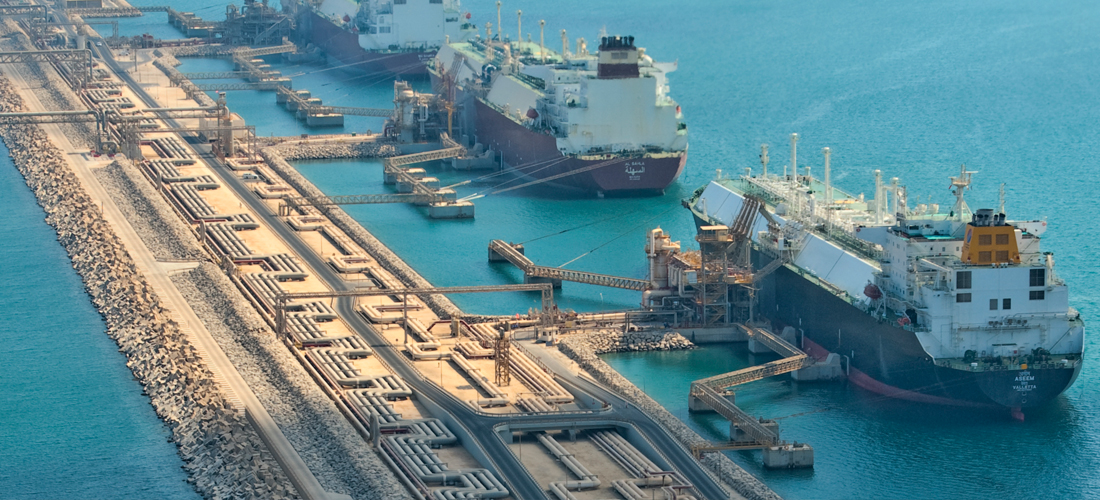

By the end of this training course, the participants will be able to:
This CDGA training course is suitable to a wide range of professionals but will greatly benefit:
Day One: Cargo Properties
Competency Description: Familiarization with technical properties of oil & gas cargo
Key points
Topics to be covered
Day Two: Storage & Transfer
Competency Description: Understanding technical aspects of terminal storage & oil-gas transfer
Key points
Topics to be covered
Day Three: Harbor & Vessels
Competency Description: Familiarization with elements of harbor and vessels
Key points
Topics to be covered
Day Four: Safety and Risk
Competency Description: Ability to identify the major hazards involved in terminal operation
Key points
Topics to be covered
Day Five: Terminal Management
Competency Description: Familiarization with all activities related to the terminal operation
Key points
Topics to be covered
CDGA attendance certificate will be issued to all attendees completing a minimum of 80% of the total course duration.
| Code | Date | Venue | Fees | Register |
|---|---|---|---|---|
| MAR101-02 | 31-05-2026 | Amman | USD 5450 | |
| MAR101-03 | 06-09-2026 | Dubai | USD 5450 | |
| MAR101-04 | 30-11-2026 | Kuala-Lumpur | USD 5950 |
Providing services with a high quality that are satisfying the requirements
Appling the specifications and legalizations to ensure the quality of service.
Best utilization of resources for continually improving the business activities.
CDGA keen to selects highly technical instructors based on professional field experience
Since CDGA was established, it considered a training partner for world class oil & gas institution
3012, Block 3, 30 Euro Business Park, Little Island, Co. Cork, T45 V220, Ireland
Mon to Fri 09:00 AM to 06:00 PM
Contact Us anytime!
Request Info